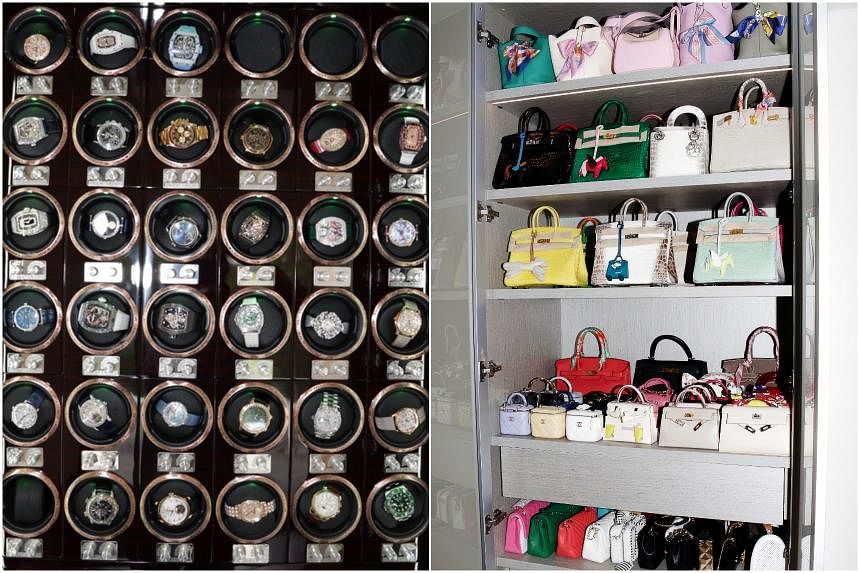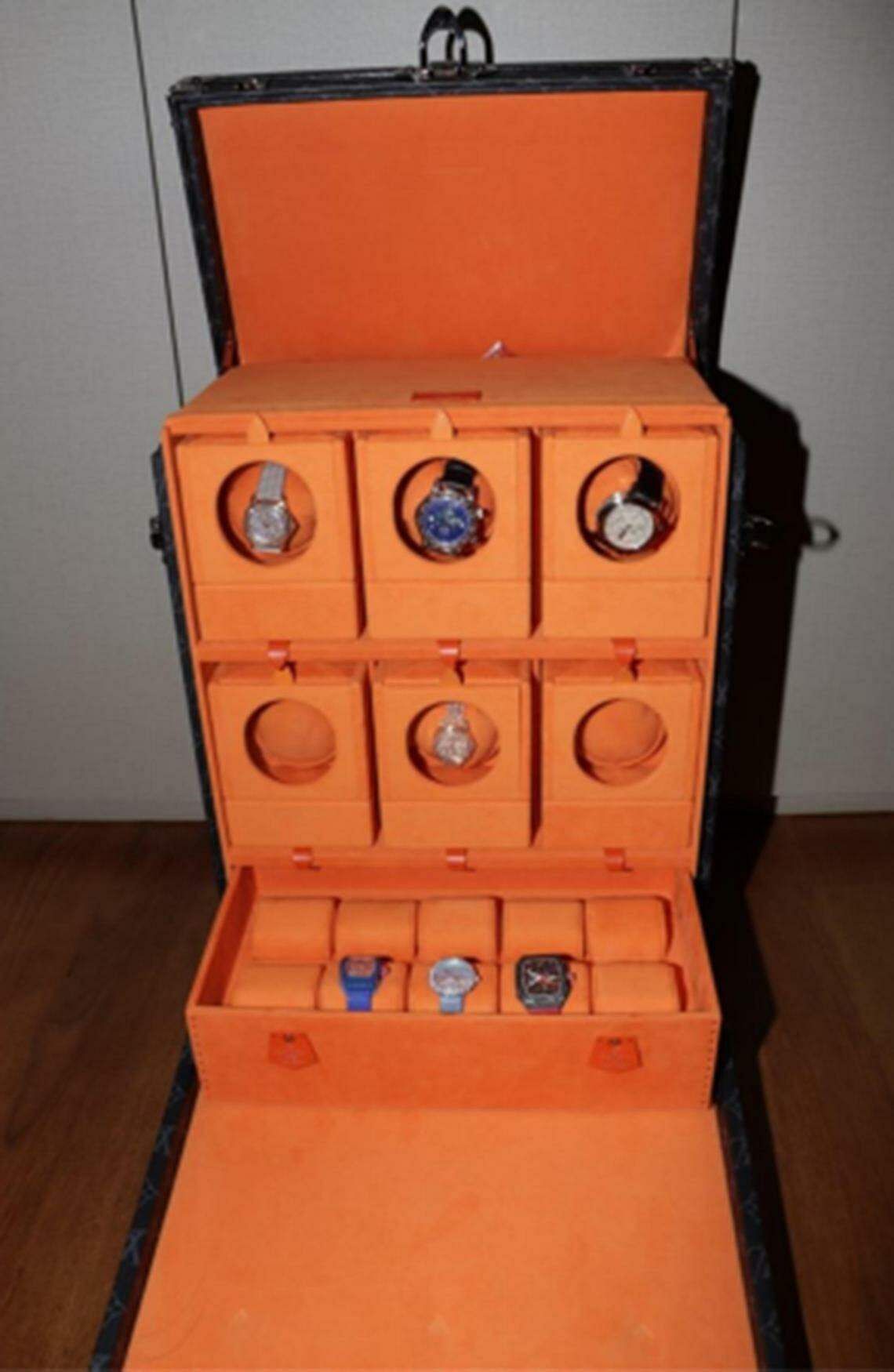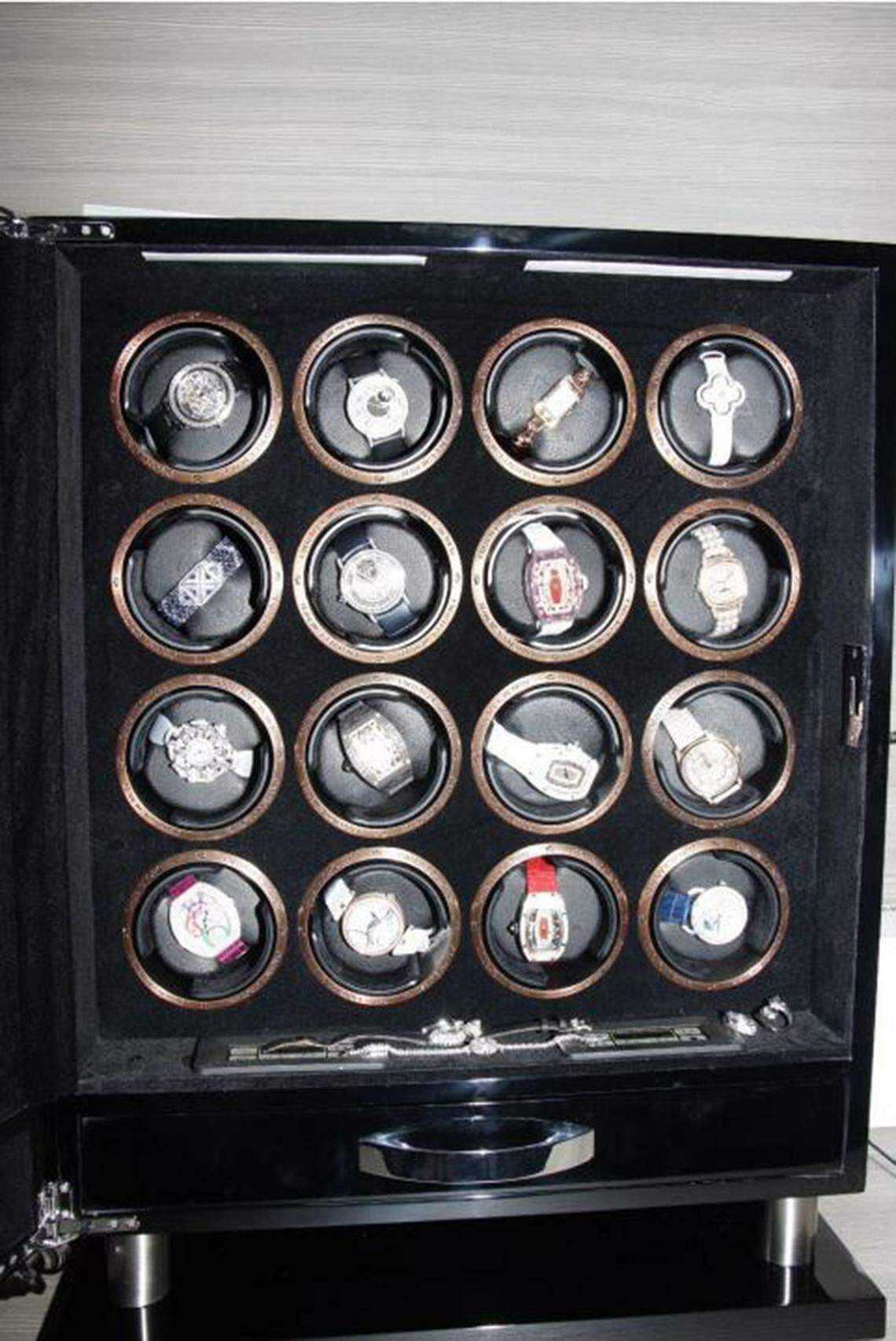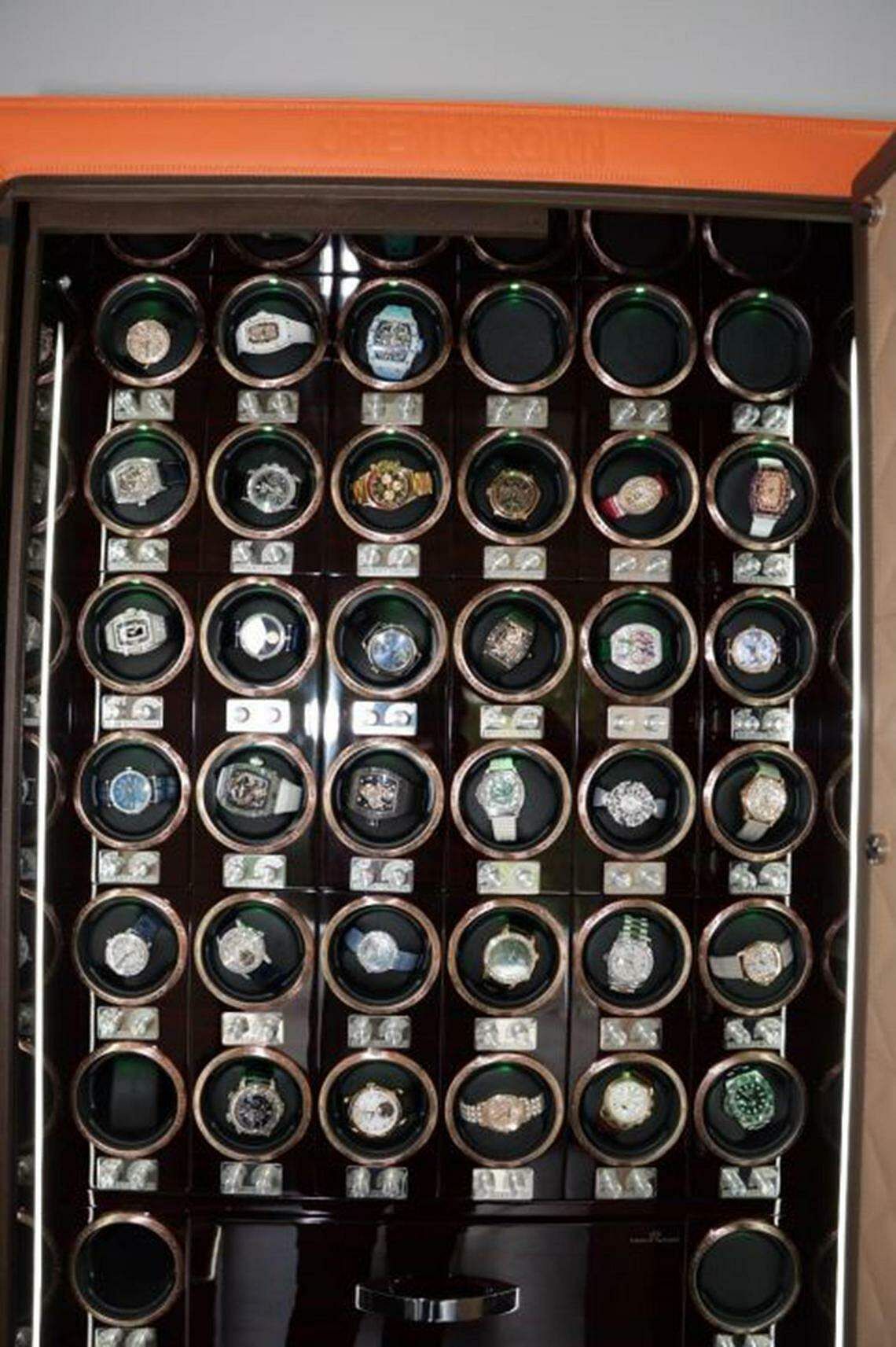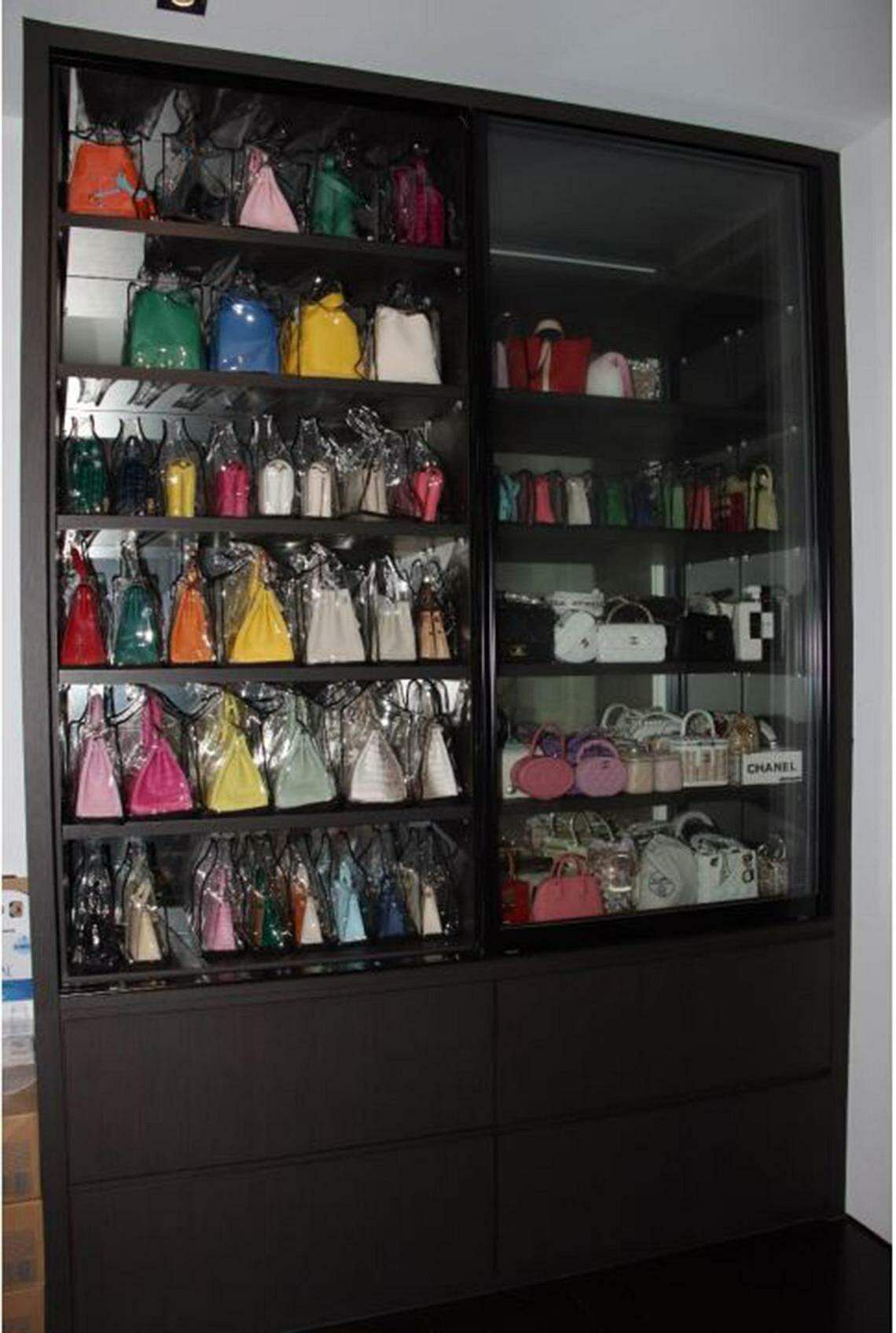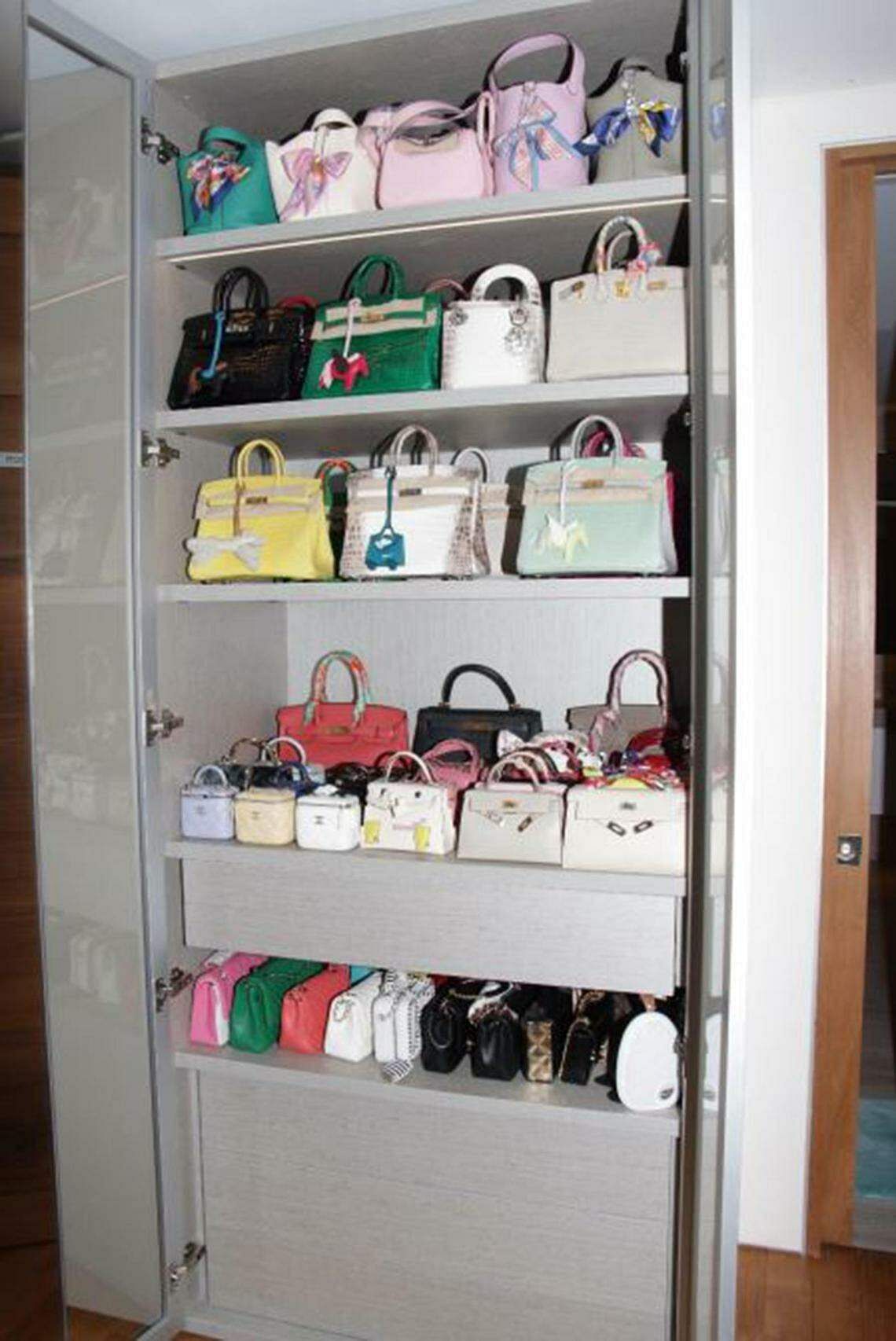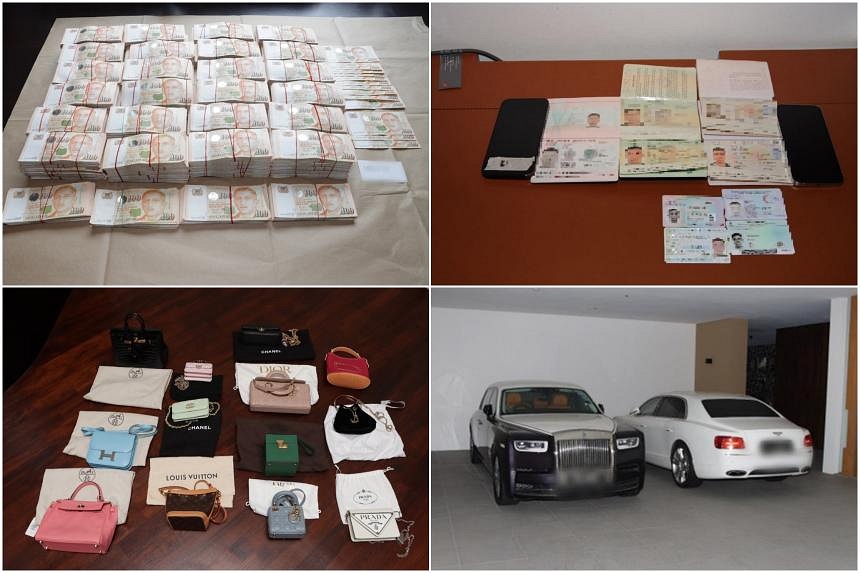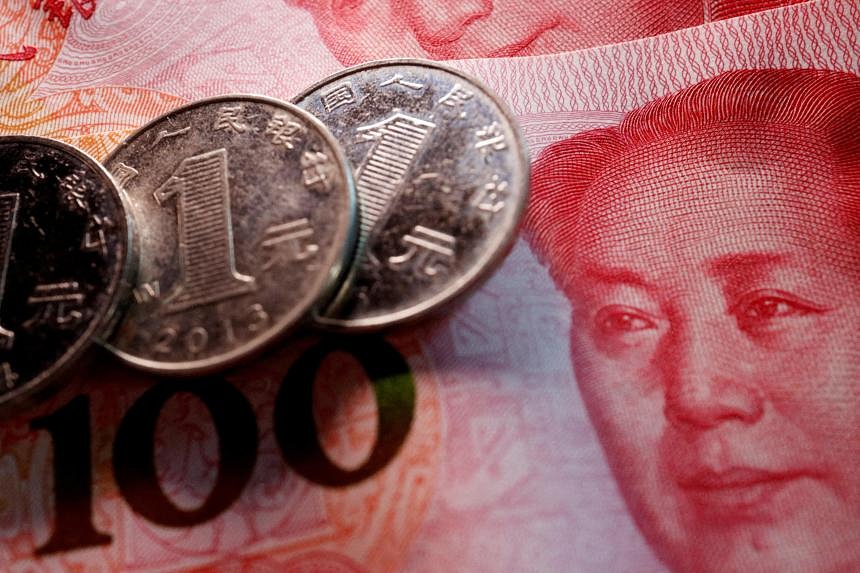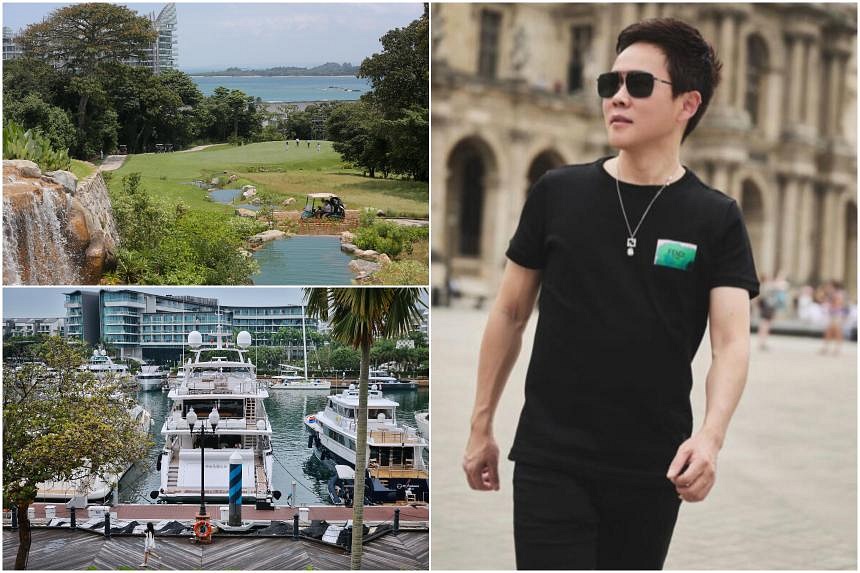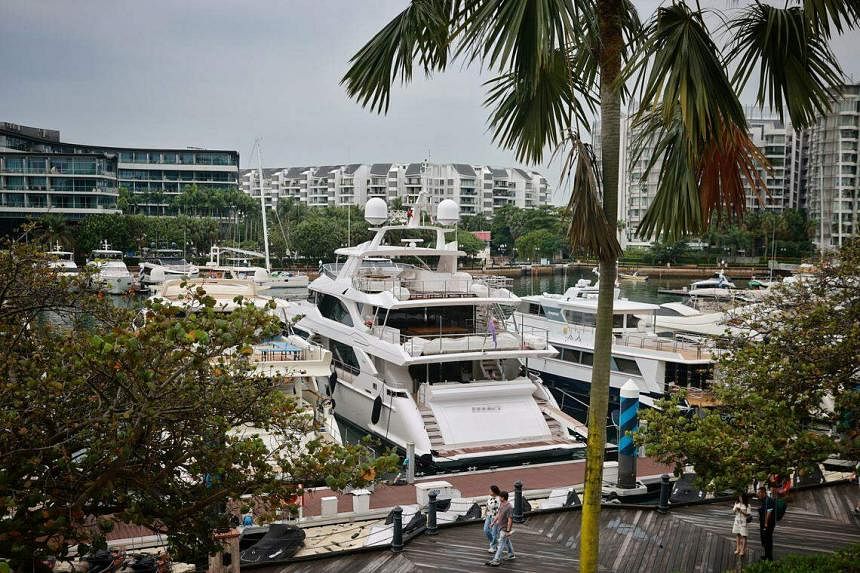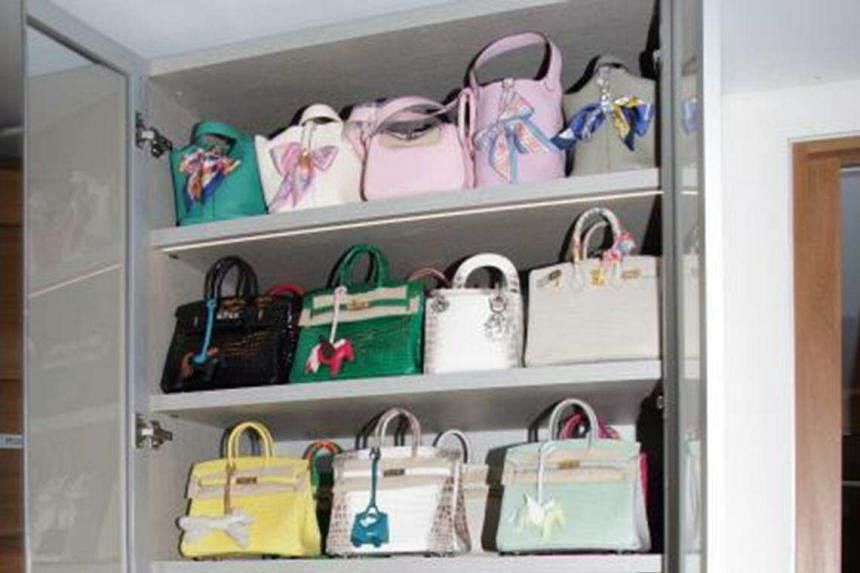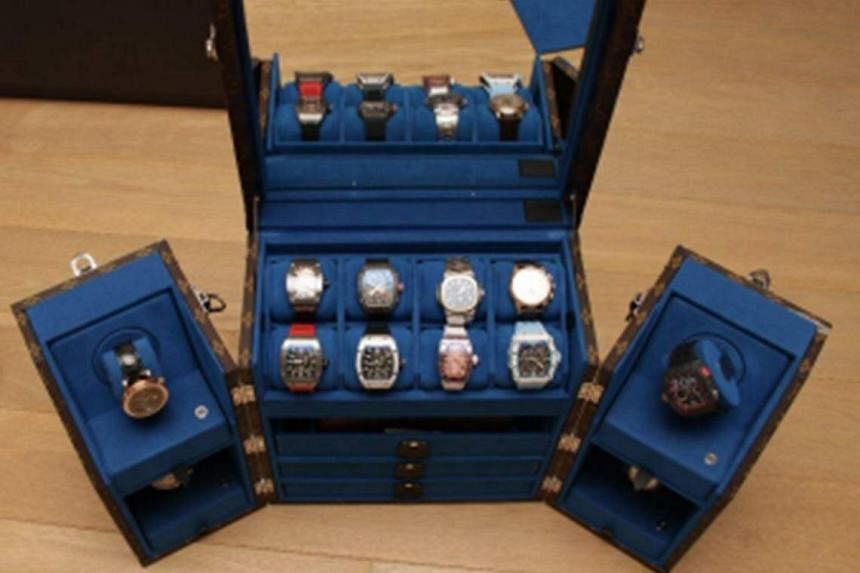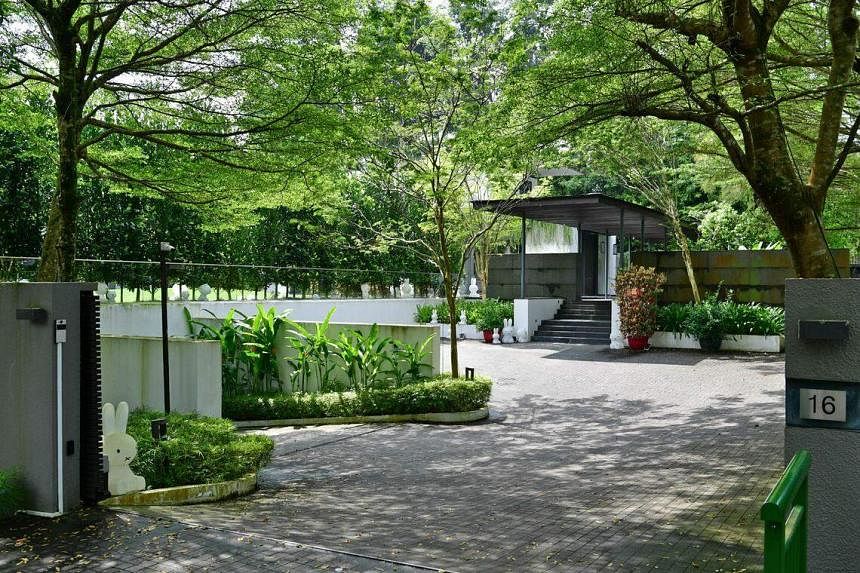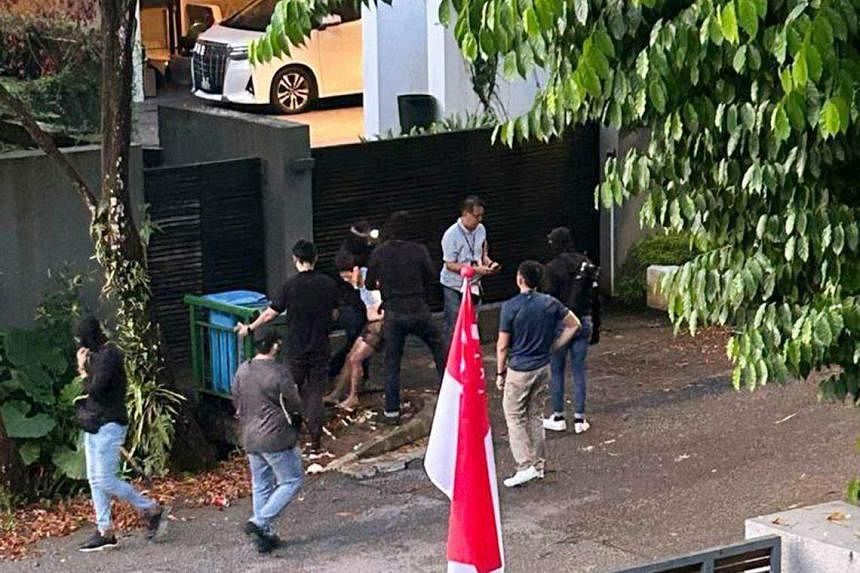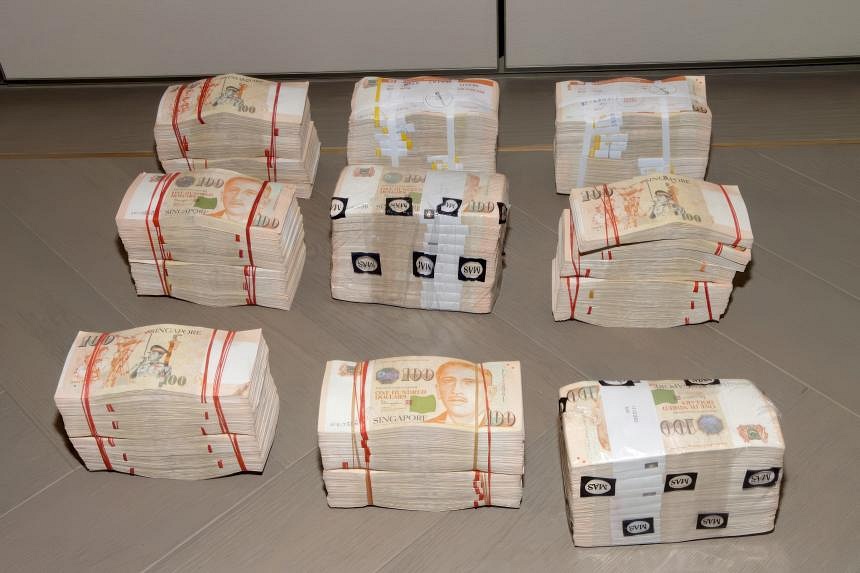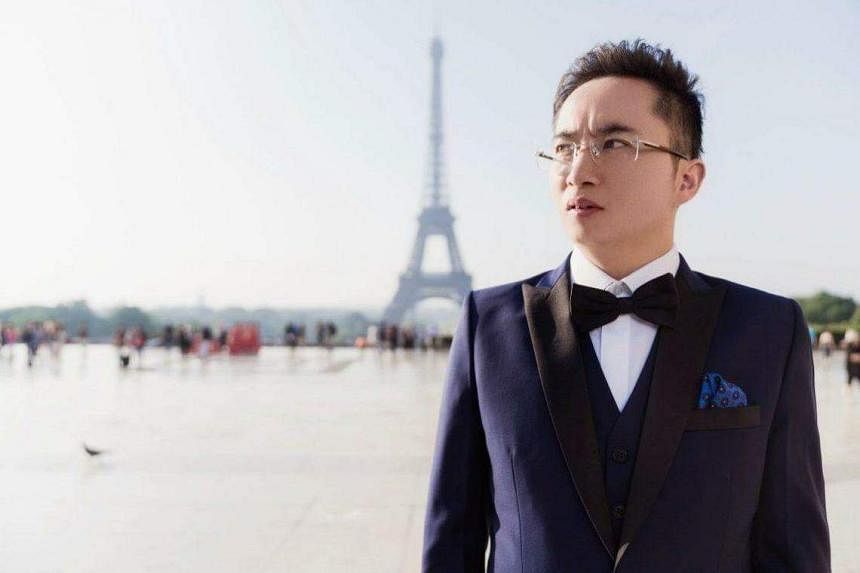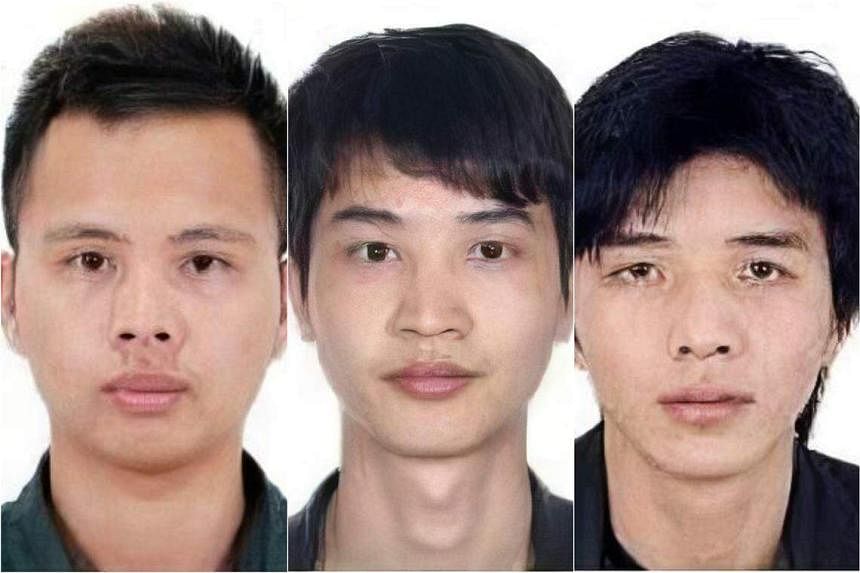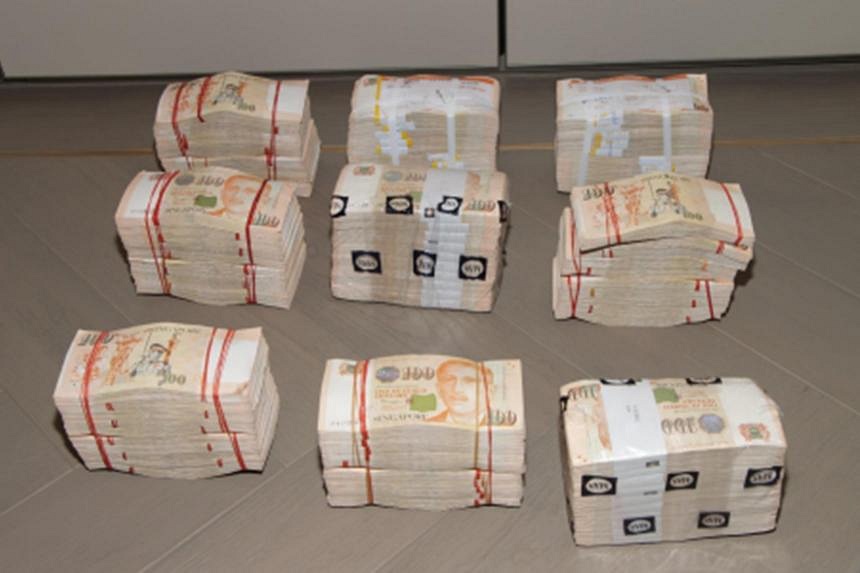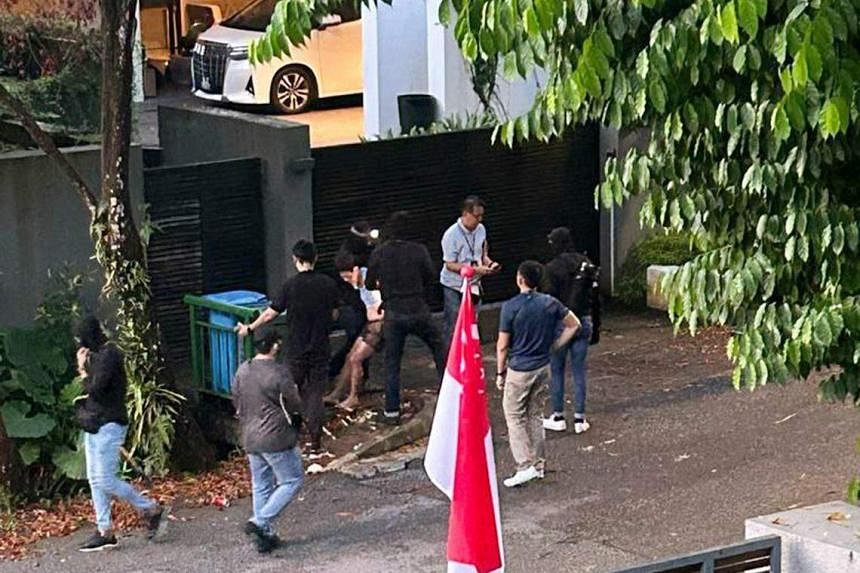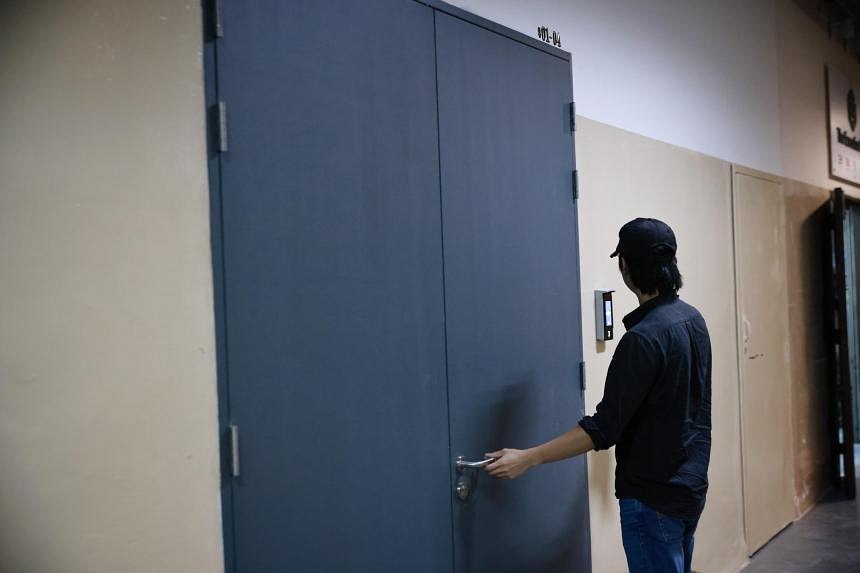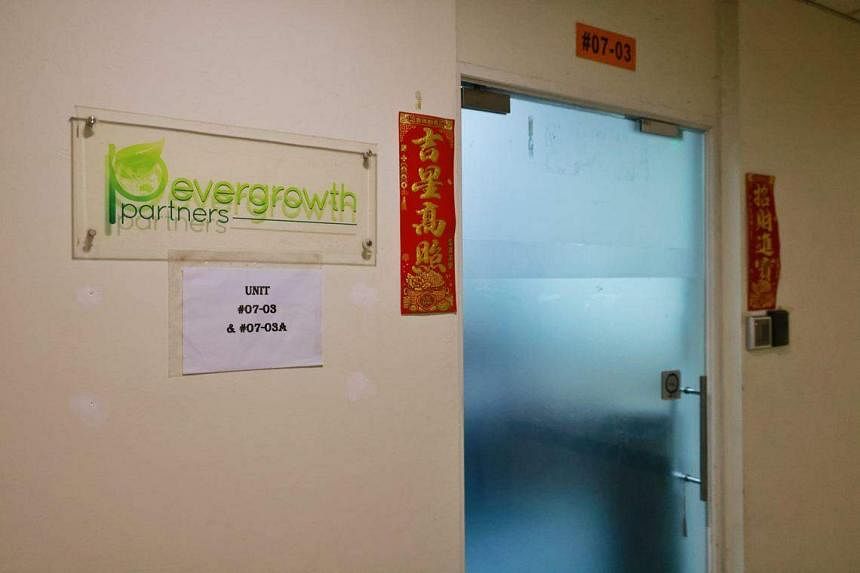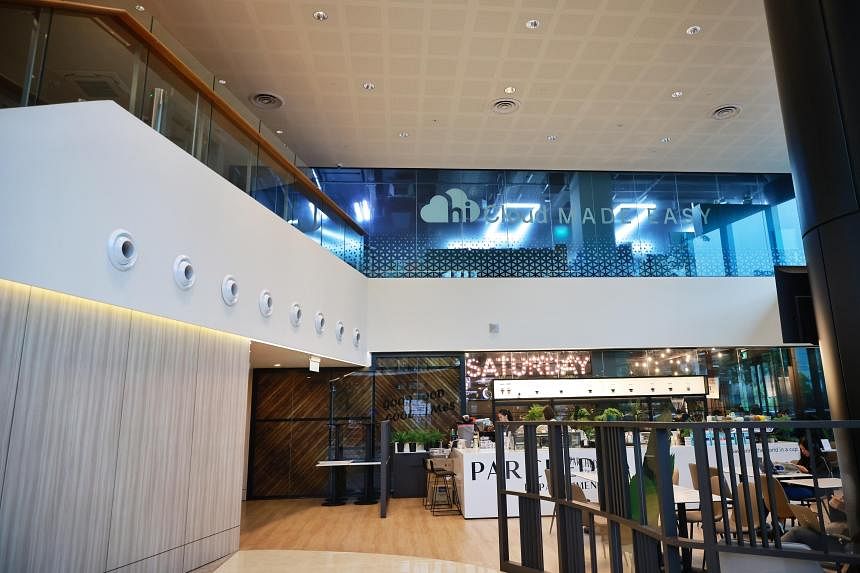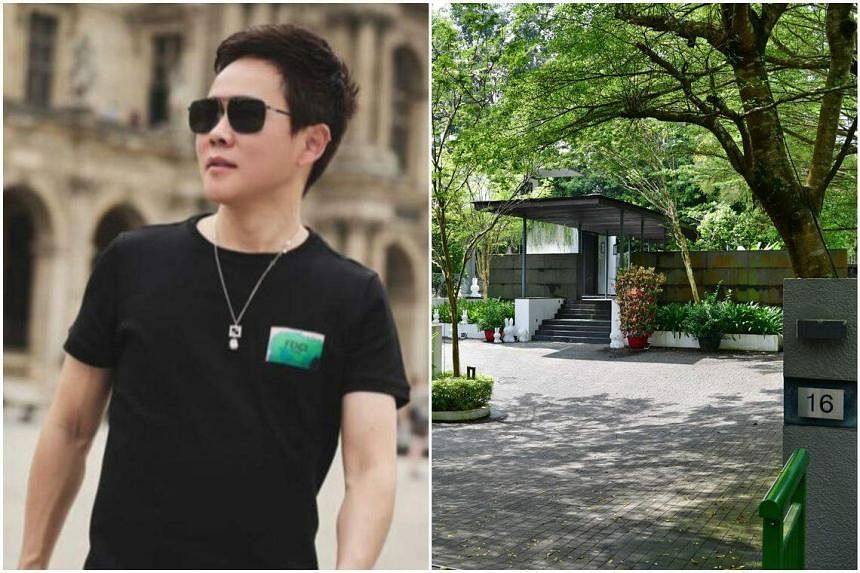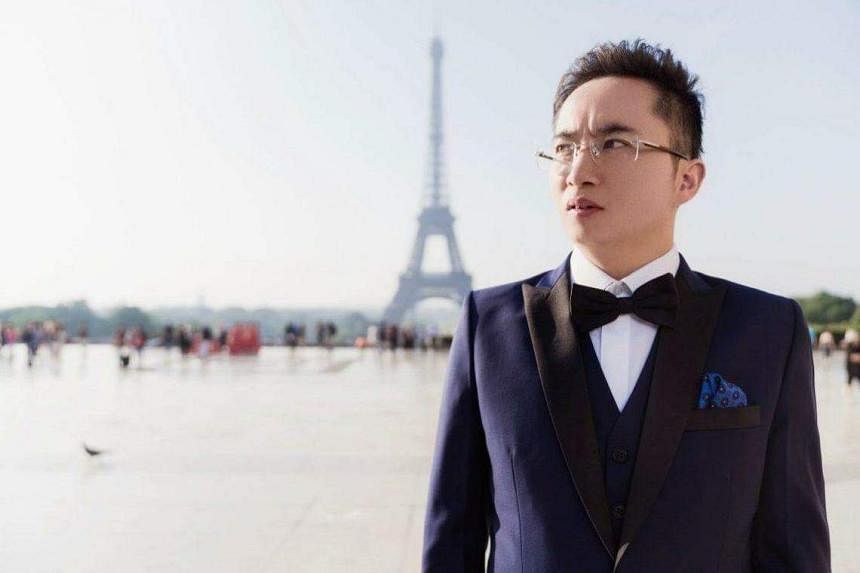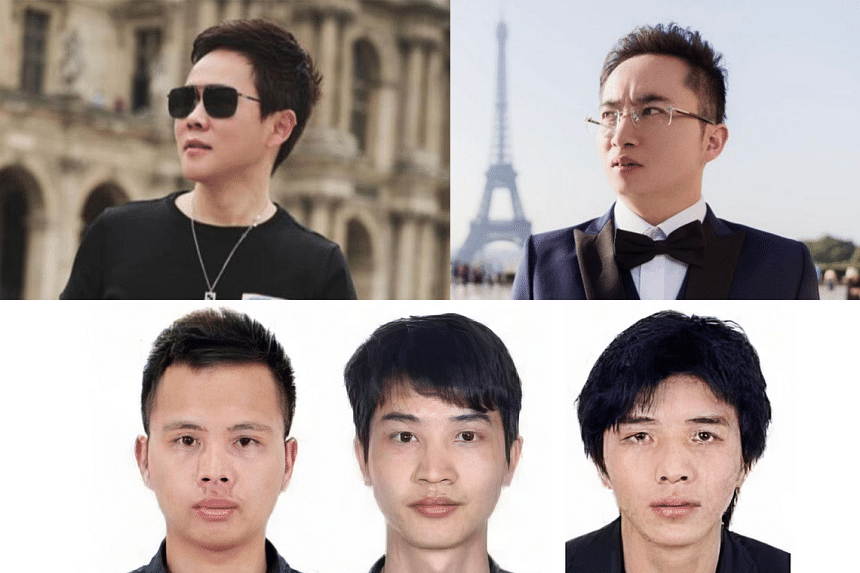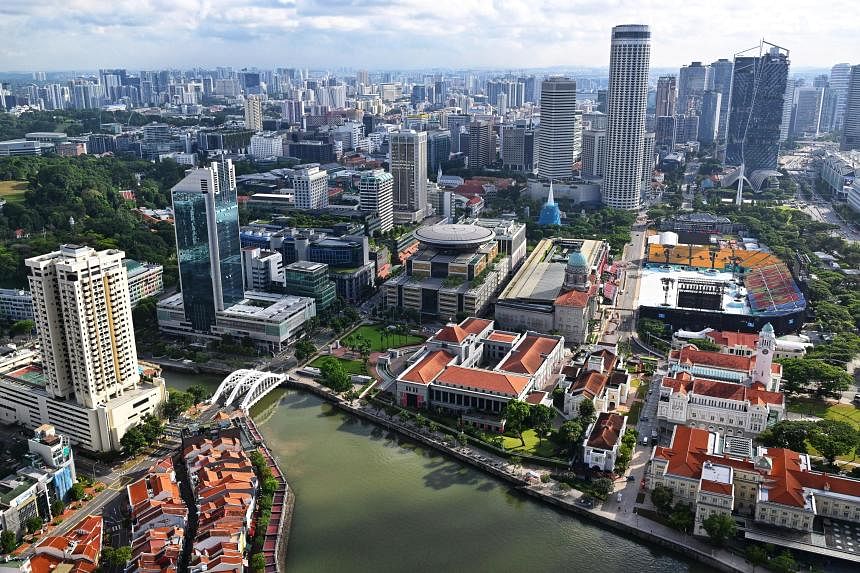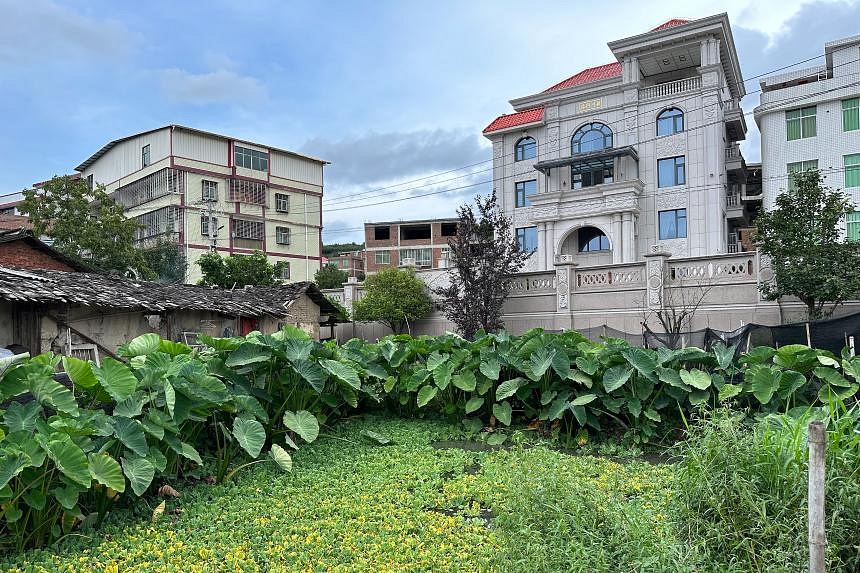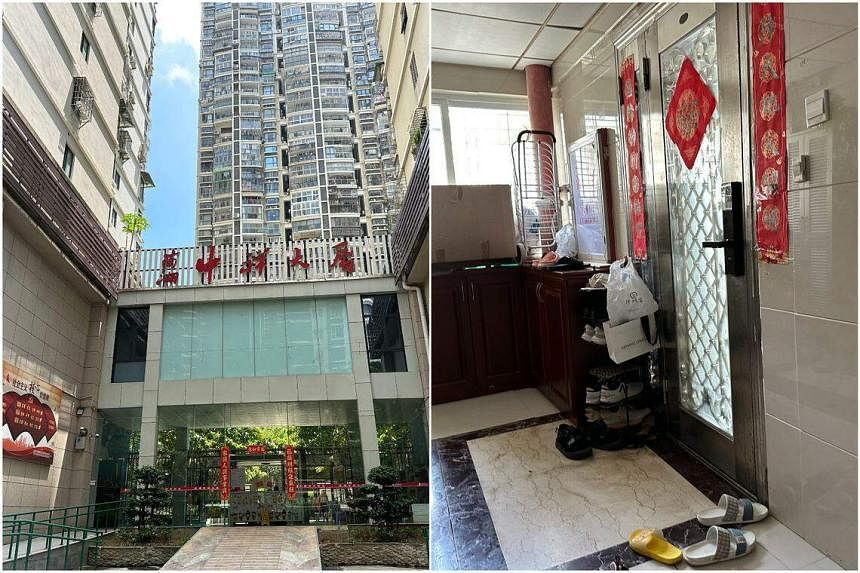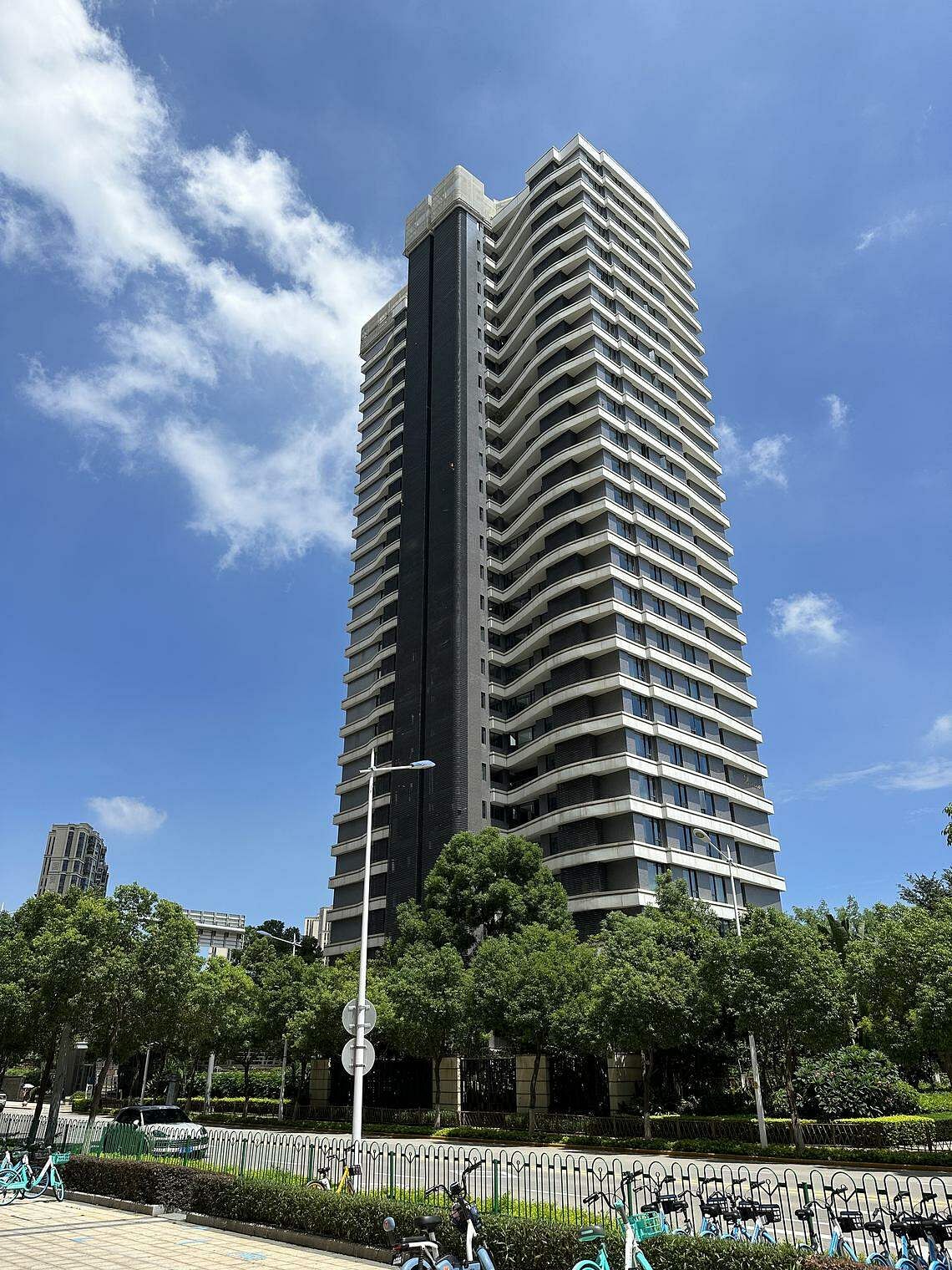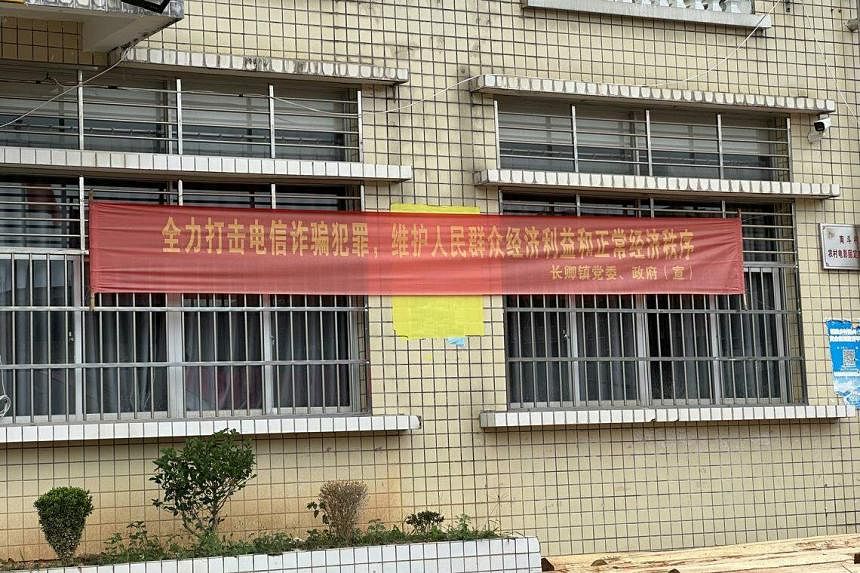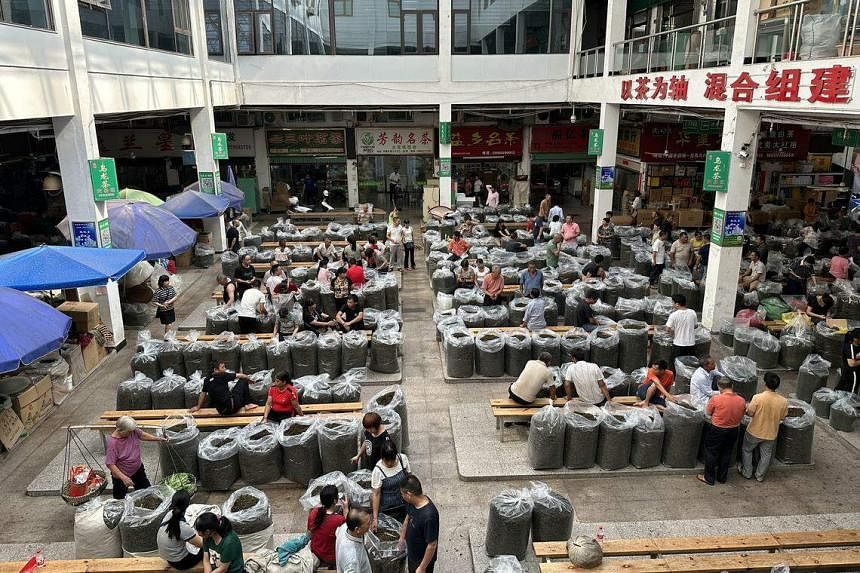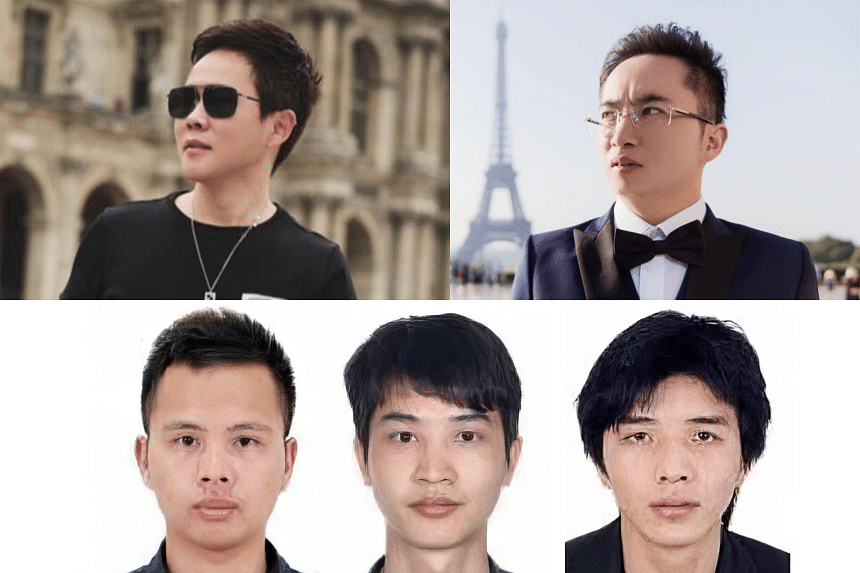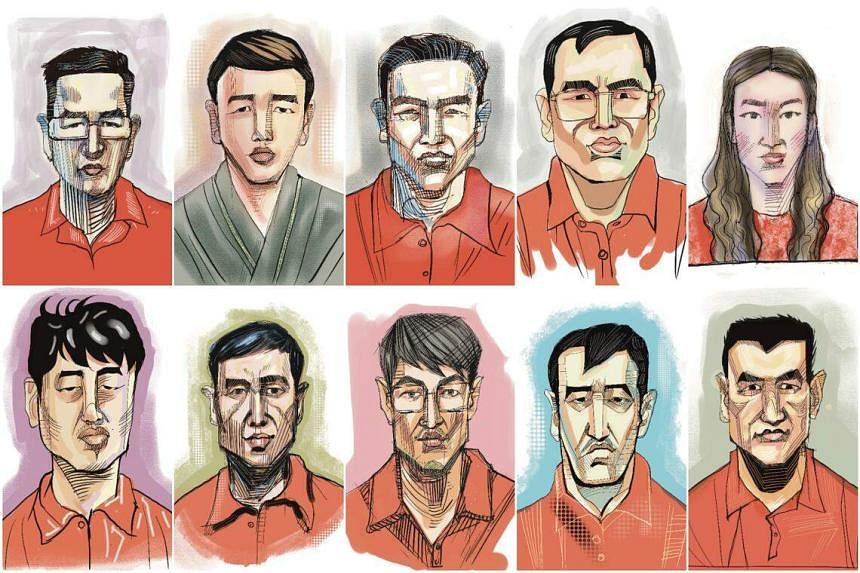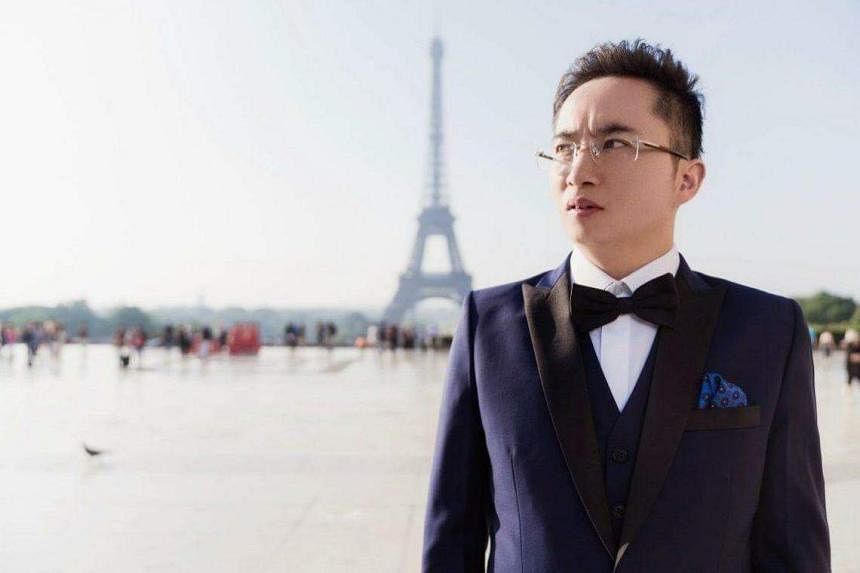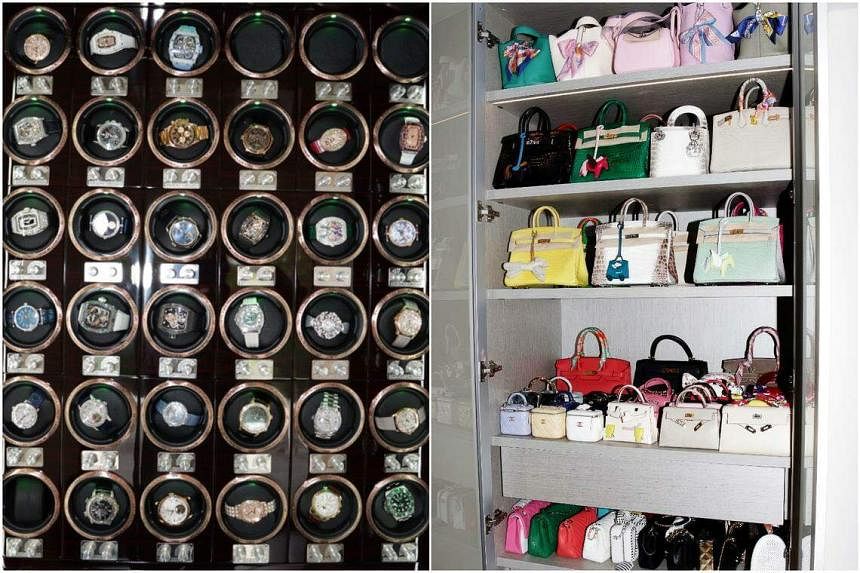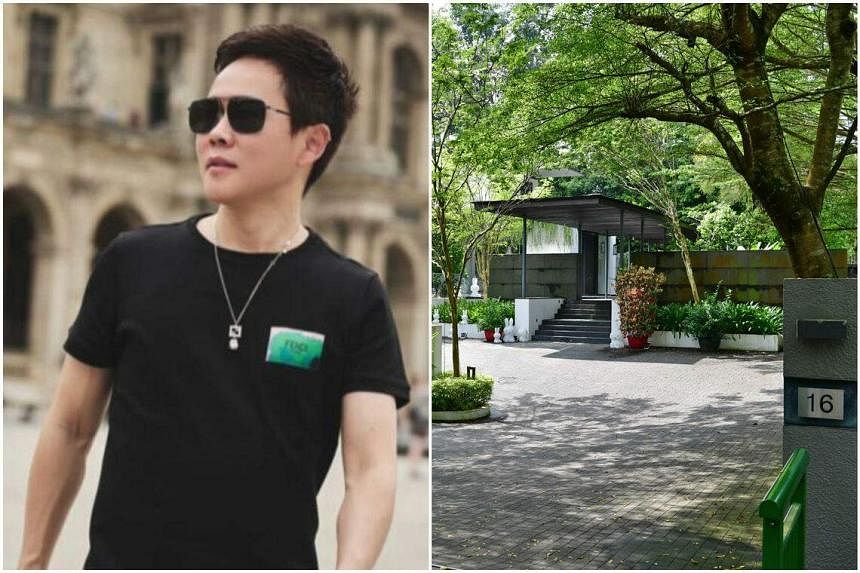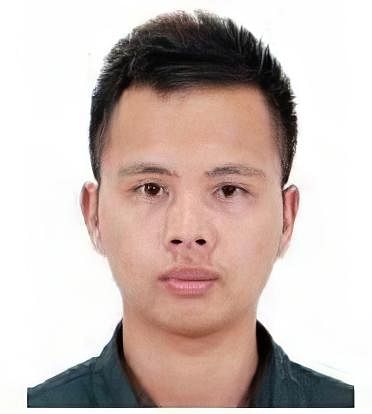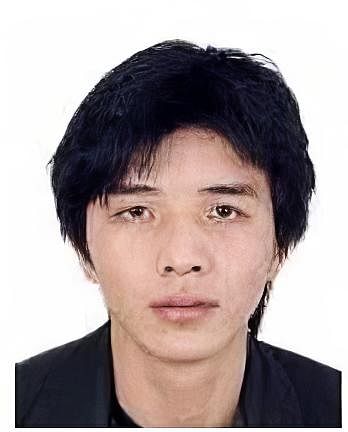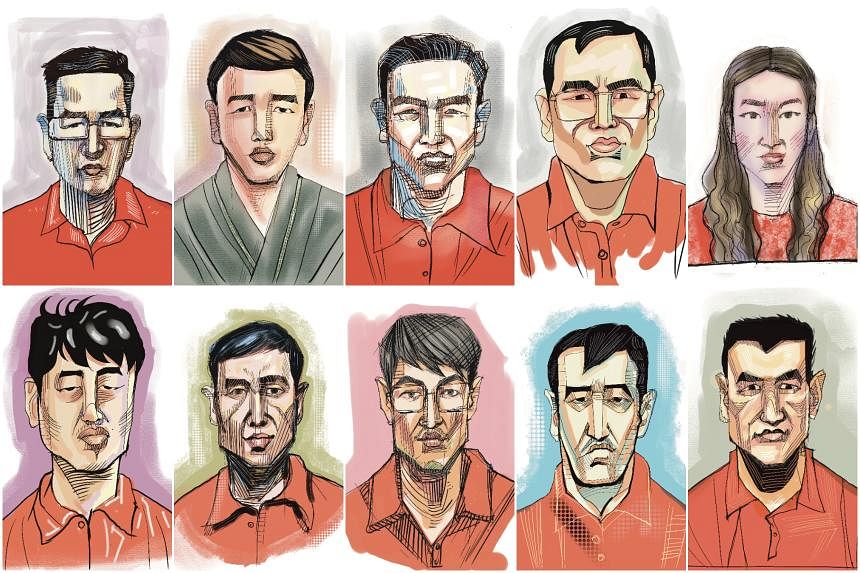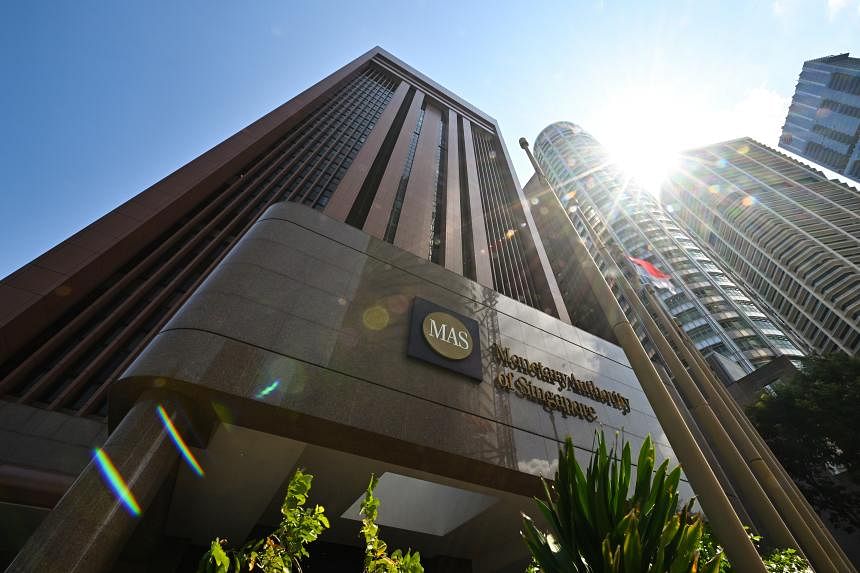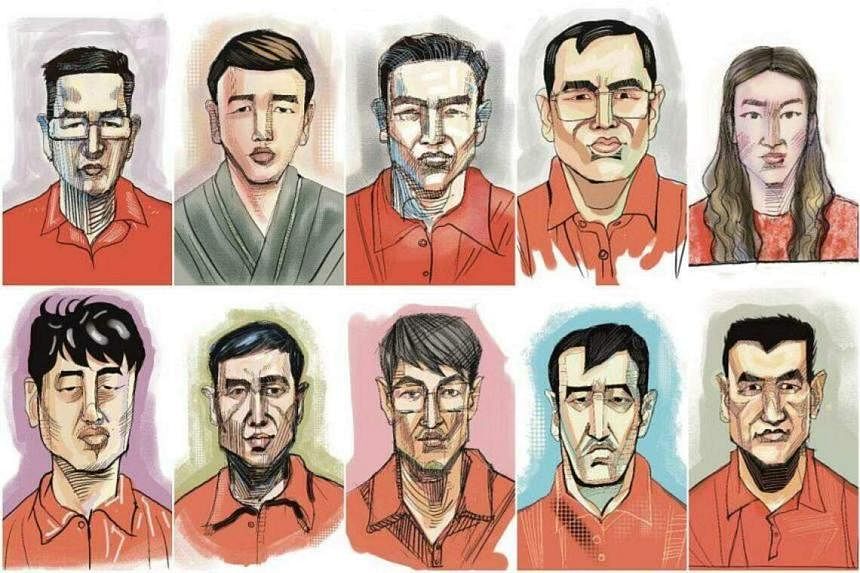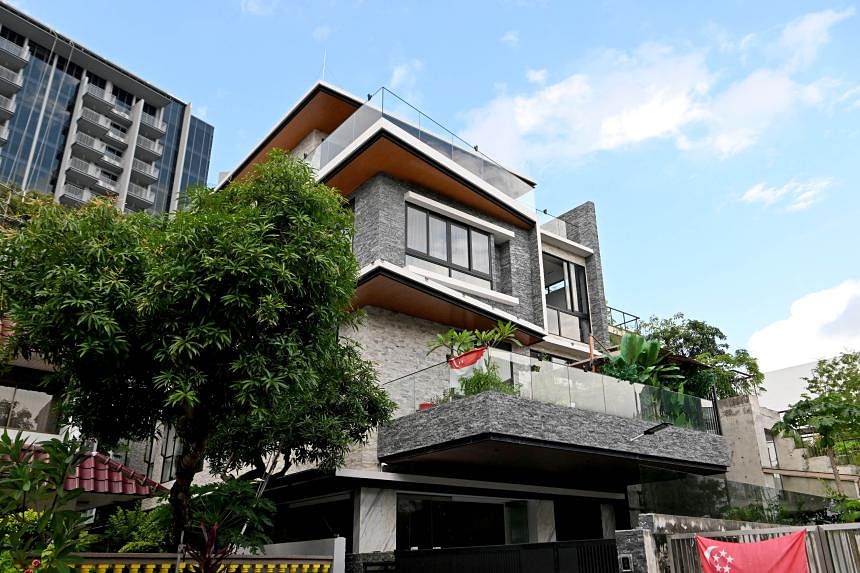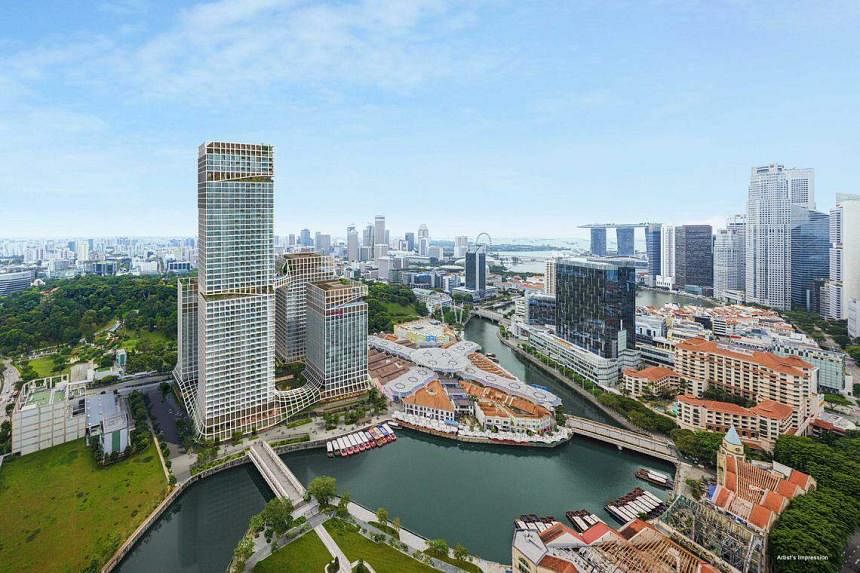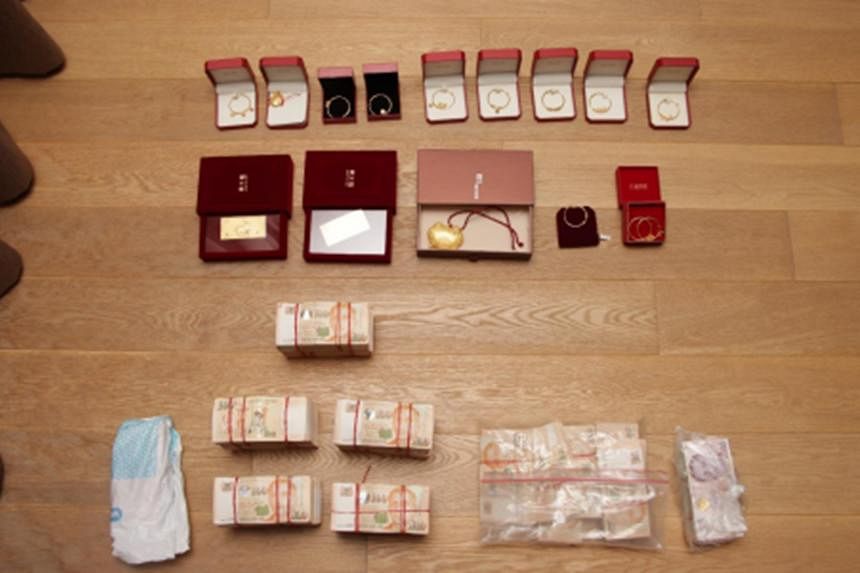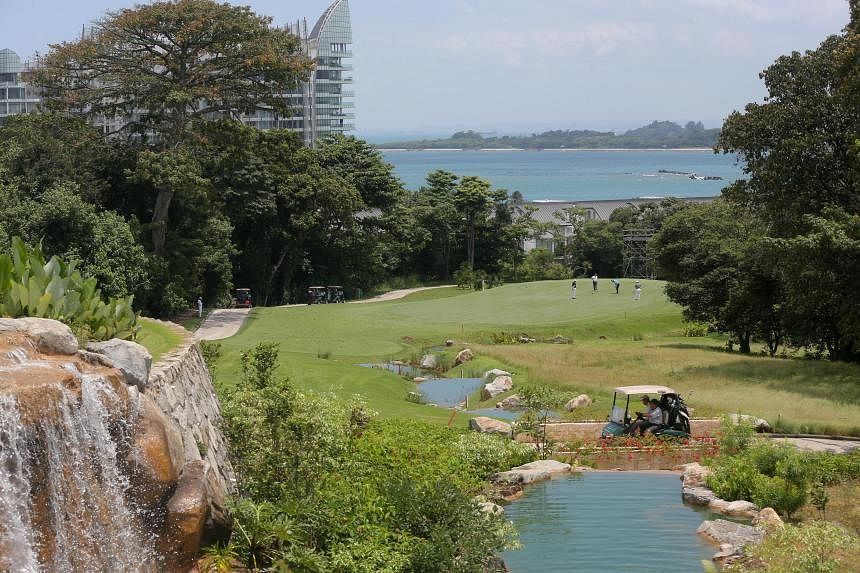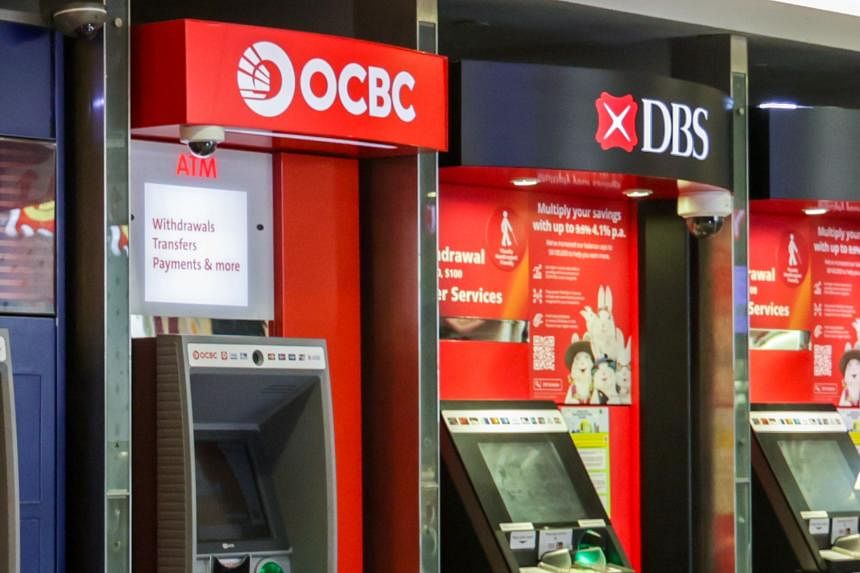- Joined
- Jul 25, 2008
- Messages
- 13,542
- Points
- 113
What are Bearbricks? Toys seized in billion-dollar money laundering case can be worth thousands
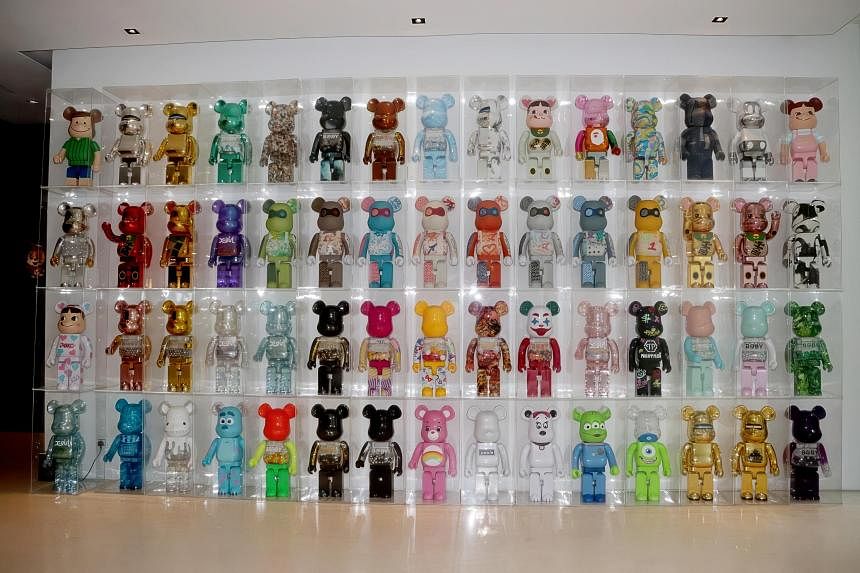
Bearbrick figures seized in an anti-money laundering operation by the police. PHOTO: SINGAPORE POLICE FORCE

Ian Cheng
Correspondent
AUG 19, 2023
SINGAPORE – Last Tuesday, islandwide anti-money laundering raids saw the police round up a group of foreigners and seize cash and assets that included luxury cars, watches and handbags.
Including 105 properties that were issued with prohibition of disposal orders, the haul was worth more than $1 billion.
But what also caught people’s attention were multiple colourful bear-like figurines listed as “ornaments” by the police.
A photo released by the police showed what appeared to be a collection of 60 Bearbrick figures.
But what exactly were they, and why were they among the items seized?
A Bearbrick – stylised as BE@RBRICK – is a collectible toy figure produced by Japanese collectible company Medicom Toy. It was first introduced in 2001 as a free gift to visitors at the World Character Convention in Tokyo.
The toys, shaped like an anthropomorphic bear and made of plastic, come in different sizes – for instance, 100%, 400% or 1,000% – with the percentage corresponding with the height.
A 100% Bearbrick stands at 7cm tall, while the other sizes are 50% (3.5cm), 70% (5cm), 150% (10.5cm), 200% (14cm), 400% (28cm), 1,000% (70cm) and 4,000% (140cm).
A 100% Bearbrick can be bought for as little as $7, while the 200% and 400% ones cost about $120 each. The 1,000% version costs around $600.
However, their value can grow to mind-boggling proportions.
Mr Shawn Wee, the owner of collectibles store Eye For Toys, said the Bearbricks seized in the anti-money laundering operation could be worth between $450,000 and $500,000.
Chinese-language daily Lianhe Zaobao quoted experienced collectors and sellers as saying the collection’s estimated worth is between $800,000 and $1 million.
Referring to the middle eight Bearbricks in the second row in the photo provided by the police, Mr Wee said: “The most expensive of the lot belongs to the Pinel x Kongo set of eight pieces, at US$222,000 (S$302,000).”
The Pinel et Pinel x Cyril Kongo BE@RBRICK series was made in collaboration with street artist Cyril Kongo, Medicom Toy and Forward Fashion in Macau – each piece is “entirely made by hand” with 56 pieces of leather and coated canvas.

The Pinel et Pinel x Cyril Kongo BE@RBRICK series. PHOTO: MEDICOM TOY
Drawing on his 18-year expertise in collecting, Mr Wee said the pieces seized are likely authentic.
He added: “Most of the Bearbricks in the photo were released between late 2019 and late 2022. I was able to identify some chronological pattern as to how the collection was assembled.
“(Collections) with fake Bearbricks will usually contain random fake Bearbricks from any year since the manufacturer of counterfeit Bearbricks will usually produce just the popular models.”

A Bearbrick display. PHOTO: SHAWN WEE/EYE FOR TOYS
Speaking to Zaobao, owner of collectibles store Sugoi Collection, Mr Shawn Xu, said the Bearbrick collecting scene in Singapore is relatively small, so most collectors know one another.
The image of the seized Bearbrick collection has sparked debate in local circles as it is uncommon for one person in Singapore to own so many rare and expensive Bearbricks. Enthusiasts here say they are unaware of such a major collector.
Mr Xu added that there are only 26 sets of the Pinel et Pinel x Cyril Kongo Bearbrick collection, with most collectors able to afford only one or two loose pieces from a set. This is the first time he has seen a complete set of eight in Singapore, estimating it to be worth about $380,000.
Billion-dollar money laundering case: 11 more properties in S’pore linked to suspects
Online collectibles store FalKen Toys said that due to shifts in the collectibles market, the value of Bearbricks can fluctuate.
A FalKen Toys’ spokesman noted that the ones seized by the police in the billion-dollar money-laundering case look like they came from the 1,000% range.
The spokesman added: “Some 400% bears can go up to thousands, if not tens of thousands (of dollars), depending on rarity. Some 1,000% ones can be worth tens of thousands.”
A recent Coco Chanel 1,000% Bearbrick at art and luxury auction house Christie’s saw a closing bid of HK$138,600 (S$24,000) on April 20. The same item auctioned at Sotheby’s in September 2020 went for more than double that at HK$302,400.

A Coco Chanel 1000% Bearbrick at art and luxury auction house Christie’s saw a closing bid of HK$138,600 (S$24,000) on April 20. SCREENGRAB: CHRISTIE’S
Pop culture website Complex noted that this particular collectible – of which only 1,000 were made – was designed by the late Karl Lagerfeld in 2006 to resemble the high-fashion brand’s namesake and founder. Only several have surfaced on the market as most were specially displayed in Chanel boutiques.
The most expensive Bearbrick sold was a one-off design named Qiu Tu by Chinese artist Yue Minjun, which went for about US$157,000 at an auction following its debut in 2008.

The Qiu Tu Bearbrick by Chinese artist Yue Minjun went for about US$157,000 at an auction following its debut in 2008. PHOTO: YANG GALLERY
Since the toy line’s inception, Medicom Toy has produced thousands of Bearbrick designs, with the figures becoming a favourite among collectors, pop culture enthusiasts and celebrities worldwide. Famous collectors include South Korean rapper G-Dragon, American musician Pharrell Williams and Mandopop stars Jay Chou and JJ Lin.
Fashion and lifestyle brand Highsnobiety said re-releases of Bearbrick designs by Medicom Toy are rare as a specific design will be licensed to be “worn” by only a certain number of figurines. This means that Bearbricks are effectively all limited edition, making them sought after by collectors, and a good investment as well.
Each design is unique, with some featuring collaborations with famous brands, artists and pop culture icons.
These include fashion brands like Chanel and Supreme, artists like KAWS and Andy Warhol, popular franchises such as Star Wars and Marvel, and classic characters like Hello Kitty, Sesame Street, Teenage Mutant Ninja Turtles and Doraemon.
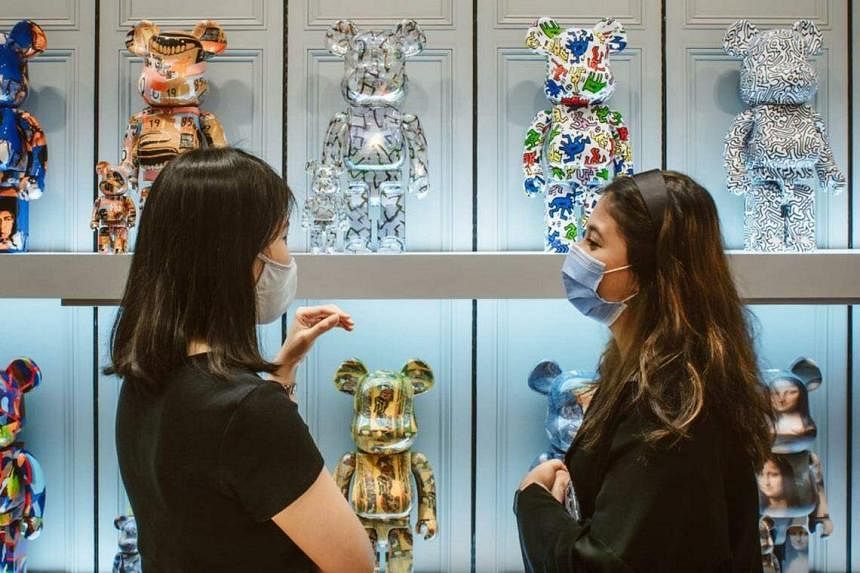
A Bearbrick display at Raffles City Singapore in November 2021. PHOTO: FACEBOOK/CAPITALAND/ACTIONCITY/MEDICOM TOY
Secretive release schedules also add to the hype behind these plastic pot-bellied bears. Medicom Toy remains tight-lipped about new releases, with reveals sometimes made just two to three weeks before launch. The number of Bearbricks produced for each model is also not typically revealed.
Sneakers – another realm of collectibles – have also seen Bearbrick collaborations, with Medicom Toy partnering brands like Nike on Bearbricks, sneakers and sportswear since 2006, according to local toy retailer Eye For Toys, which specialises in Bearbricks.
This encourages an overlap between these segments, with an exclusive Bearbrick accompanying a corresponding sneaker or apparel drop.
Mr Wee described Singapore’s Bearbrick collecting scene as being at the forefront of the Asean region, alongside Thailand.
“The Bearbrick scene here probably took off in mid-late 2015, when a Singapore-exclusive Bearbrick named Jiangshi was released. That has set Singapore on a path of exclusive Bearbricks offered by Medicom Toy for the local market,” he said.
Resembling a supernatural undead creature from Chinese folklore, the Jiangshi figurine made its debut at the Singapore Toy, Game and Comic Convention in 2015, including both regular and glow-in-the-dark versions in different sizes.

The Singapore-exclusive Jiangshi Bearbrick. PHOTO: MEDICOM TOY
Other releases exclusive to Singapore include the SJ50 – My First Be@rbrick Baby 400%, launched to commemorate 50 years of diplomatic relations between Singapore and Japan in 2016. There were also three versions of pewter Bearbricks in collaboration with American artist Steven Harrington and Malaysian pewter manufacturer and retailer Royal Selangor, Mr Wee said.

The SJ50 - MY FIRST BE@RBRICK BABY 400% was launched to commemorate 50 years of diplomatic relations between Singapore and Japan in 2016. PHOTO: ACTIONCITY
In 2021, the world’s tallest Bearbrick, an 8,000% figure standing at 5.6m tall, was displayed outside Raffles City shopping centre as part of the Love, BE@RBRICK Christmas campaign in collaboration with ActionCity.
Stores told The Straits Times that they are unable to provide an estimate of the number of Bearbrick collectors here, pointing instead to home-grown toy and collectible retail brand ActionCity, the sole distributor for Bearbricks locally. ST has contacted ActionCity for more information.
It may also be hard to qualify what makes a collector, as FalKen Toys points out – some may have an entire showcase of Bearbricks, while others may only have a couple that really appeal to them.
The Bearbrick Community SG Facebook group, which Mr Wee manages, has about 8,000 members, while the Bearbrick Singapore Buy/Sell/Trade Facebook group has about 1,900 members.

